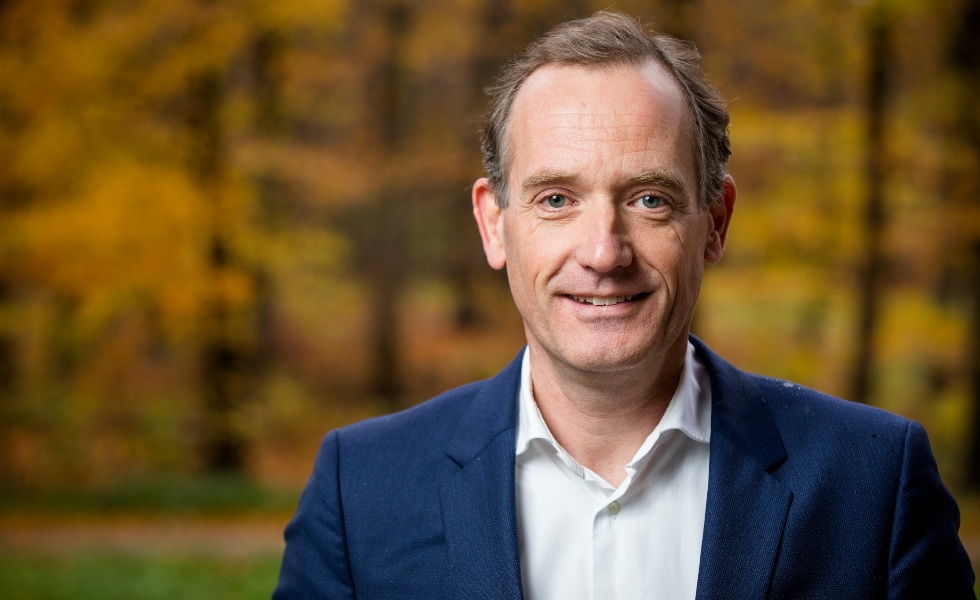Stephan Langen: Sustainability should also be a central focus under the Wtp
Stephan Langen: Sustainability should also be a central focus under the Wtp

This column was originally written in Dutch. This is an English translation.
By Stephan Langen, Head of Portfolio Management at ASN Impact Investors
Pension fund administrators are facing a radical transition. The introduction of the new pension system is currently creating an enormous amount of work. Ultimately, this is a complex shift: from a fixed promise to a clear ambition for the retirement provisions of participants.
As a board member, I am also committed to this and notice that we are currently focusing primarily on the technical implementation: how are we going to get this job done? That is perfectly understandable, but I like to remind myself and my fellow board members of the question that is most important today, tomorrow, and the day after tomorrow: what are we committed to? And how do we do that in a way that is fair to all participants?
This brings me to a well-known Greek proverb: a society grows when old people plant trees in whose shade they will never sit. This touches on the core responsibility of pension funds and their directors: investing in the future, even if not all participants—including themselves—will benefit from it.
It is no coincidence that the Future Pensions Act is focused on the future. It is not just about distributing the money we have now as evenly as possible, but also about how we contribute to and benefit from a balance between present and future prosperity. Every generation must get what it is entitled to – that is what balance is really about. From the 25-year-old who is probably not thinking about benefits in the distant future to the pensioner who has a vested interest in timely indexation now.
Yes, there will soon be no more ‘common pot’. Each participant will build up individual assets. Lifecycle portfolios will (be able to) take more risk for young people and less for older people. A risk of a different order is that we could fall further into individualism. Will our society still grow then?
I believe we will not go too far. Pension participants are and will remain part of a broader community. They benefit from the world in which they live and work flourishing—not only today, but also in twenty or thirty years' time. Not only in a financial sense, but also in terms of broader prosperity and well-being, so that they can enjoy a good old age in a pleasant world.
That is why responsible and sustainable investing is just as crucial under the new system as it was under the old one. This goes beyond focusing on climate risks or ESG scores, as economist Dirk Schoenmaker explained earlier this month in an interview with Financial Investigator. It is a fundamental allocation choice: do we invest only in what yields returns today, or do we allocate to companies that are shaping the world of tomorrow? The real challenge lies not in calculating climate risks, but in daring to choose long-term value creation.
In concrete terms, this means that lifecycle portfolios may differ in risk profile, but not in the degree of sustainability with which we invest participants' assets. Why should an investment in the energy transition not fit into all lifecycles? Renewable energy projects, for example, require both equity investments and loans. We can use the equity investments, which have a higher risk/return profile, for the lifecycle of younger people. The lower-risk, lower-return loans with coupons can be used for the lifecycle of older people.
For us as pension fund managers, the youngest participants are around 25 years old. We will not all still be alive when they retire. Nevertheless, we are also responsible for them. That is the essence of planting trees: ensuring that future generations can also enjoy the shade. After all, that is what we are doing now, thanks to the older people of the past.
Stephan Langen is Head of Portfolio Management at ASN Impact Investors. The information in this column is not intended as professional investment advice or as a recommendation to make certain investments.









